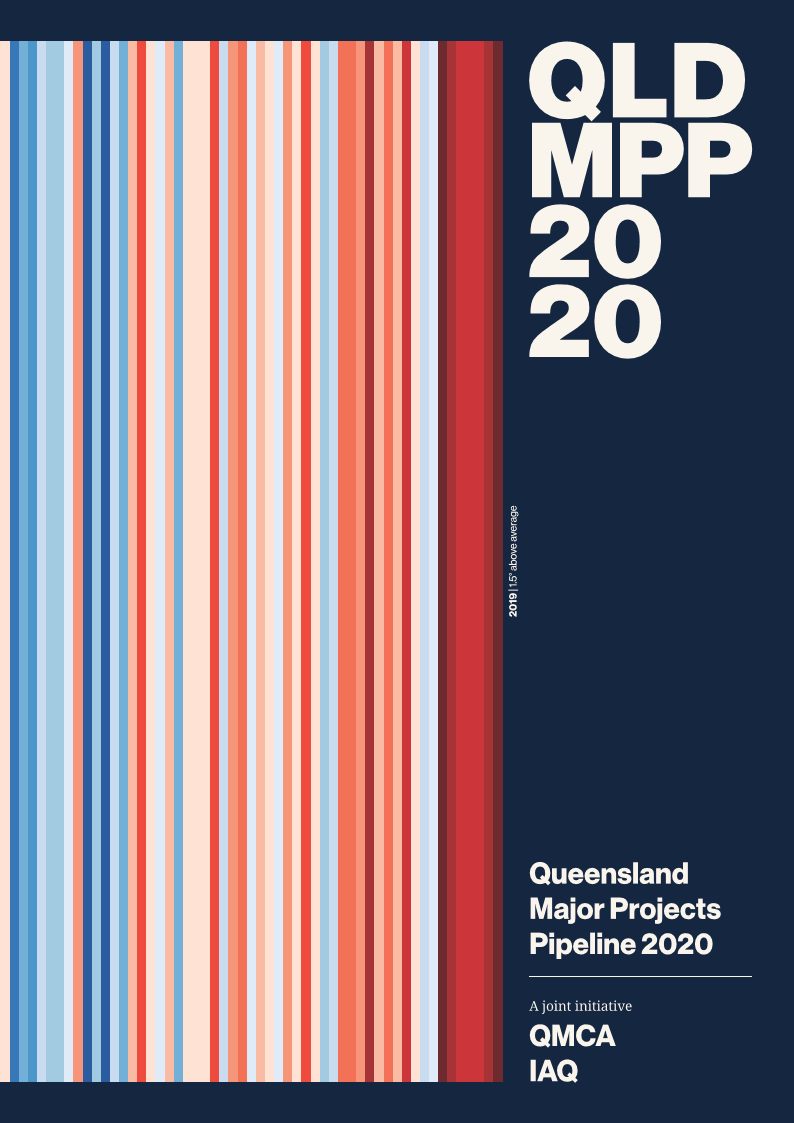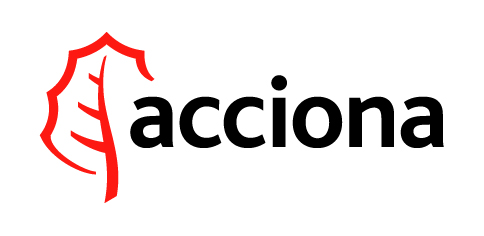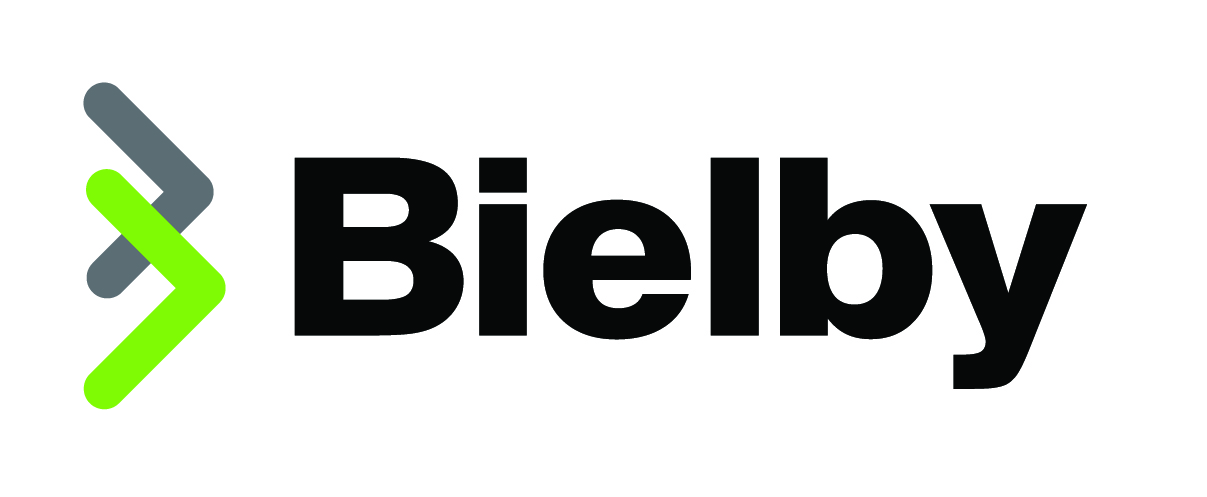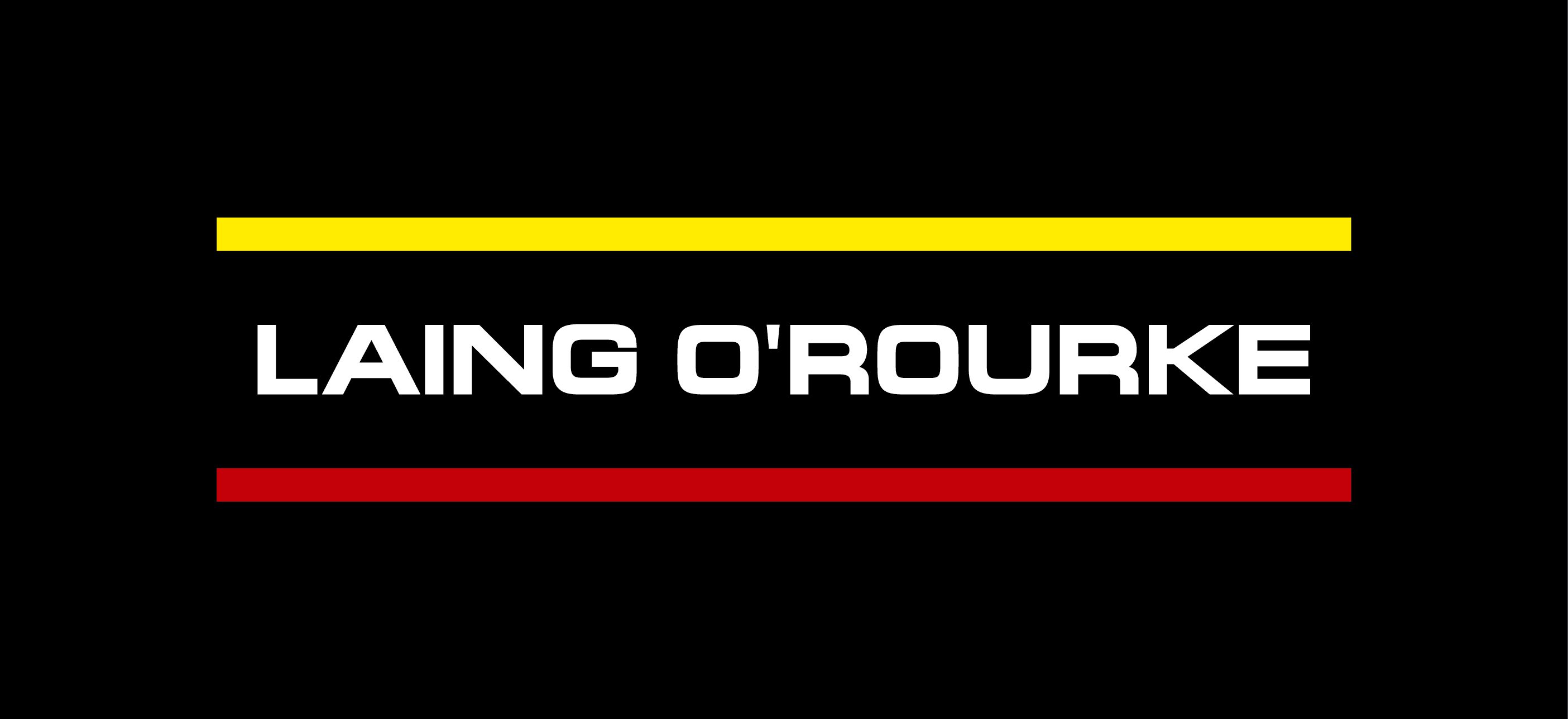
The five-year infrastructure pipeline of major projects has grown in Queensland by over $10bn in the last 12 months according to the latest Queensland Major Projects Pipeline reported. Produced by Queensland Major Contractors Association (QMCA) and Infrastructure Association of Queensland (IAQ), the report utilises data sourced directly from government and the private sector, to provide state-wide visibility and awareness of Queensland’s infrastructure plans.
Explore the report and download your copy
Project Pipeline Grows to $50bn
The report details the pipeline of major infrastructure projects within Queensland across the next five years totalling over $50bn in planned, funded and in construction works.
QMCA CEO, Jon Davies “We are delighted to see significant growth in the pipeline, with works totalling $50.6bn scheduled between 2019/20 and 2023/24.”
“However, there is still an element of risk around the total figure as $23.2bn of work is not funded at this stage. This is mostly down to planned resources and energy projects which take considerable time to plan, fund and gain approval.”
“Overall there are reasons to be optimistic, with many major projects such as Inland Rail, Cross River Rail, Brisbane Metro and upgrades to the M1, Bruce Highway and essential water infrastructure developments beginning in earnest.”
“There is also good news for regional Queensland with significant increases in funded work in the pipeline for the Darling Downs-Maranoa, Townsville and Fitzroy regions, with smaller increases for the Gold Coast, Sunshine Coast, Wide Bay and Cairns regions,” said Mr Davies.
Explore the report and download your copy
Environment Central to Sustainable Industry
The report also highlights the need for the infrastructure industry to meet the changing view of the Australian public and to focus on greater sustainability, reduced environmental impacts and the development of infrastructure to mitigate the effects of a changing climate.
IAQ CEO, Priscilla Radice detailed the changes industry must make to meet environmental challenges head-on, “Environmental sustainability is a visceral issue for many Australians, particularly with recent disastrous bushfires across eastern Australia and crippling droughts and floods.”
“As an industry, we are expected to deliver major projects but to do so with as minimal environmental impact as possible. Measures include taking steps to address the root causes of anthropogenic climate change and minimising the carbon footprint of our industry.”
“Sustainability isn’t just about environmental matters it’s much broader – our economic sustainability is linked to diversity as this provides resilience. Queensland is faced with immense challenges as we transition to a low carbon world, but those challenges also provide extraordinary opportunities. To realise the benefits, we need long term positive transition plans for regional communities and greater trust between the public and private sectors to invest together in innovative ways,” said Ms Radice.
Explore the report and download your copy
Key Findings
In the 5 years between 2019/20 and 2023/24, the major projects pipeline is valued at $50.6bn.
This compares with $41.3bn identified in the 2019 QMPPR between 2018/19 to 2022/23.
The public sector accounts for 50% of the total pipeline (compared to 58% in 2019) but 72% of funded work (compared to 70% in 2019).
In this year’s pipeline, there is a significant increase in resources and heavy industry projects, but much of this work remains unfunded.
Private sector funded work in the pipeline is declining.
Last year, the value of funded private sector work was $8.3bn, compared to $7.6bn in this report. More worryingly, the value of privately funded work announced or under procurement has nearly halved from $3.5bn last year to just $1.8bn this year.
$27.5 billion (54% ) of the pipeline value is funded compared to 69% in 2019, whilst $22.9bn (46%) is unfunded.
Unfunded projects represent between 40% to 60% of the pipeline value in 2021/22, 2022/23 and 2023/24, introducing a level of uncertainty associated with positive business case development and financial investment decisions.
Funded major project activity is currently in decline, presenting risks to the Queensland economy.
Funded work in 2019/20 and 2020/21 is currently around $1bn lower than total work in 2018/19 ($7bn). Growth in activity in these years is mostly dependent on funding existing unfunded projects. On current funding status, the five projected years to 2023/24 sees lower levels of funded work than in 2018/19.
2022/23 has the potential to be the strongest year of major project activity since 2014/15.
Total (funded plus unfunded) activity is 83% higher than 2018/19 levels if all projects were to proceed. However, 60% of the projected work in that year is currently unfunded. Unfunded activity in that year is highly concentrated in resources projects ($4.8bn) as well as water ($813m), electricity ($750m) and roads ($560m).
Funded work is increasingly being concentrated in ‘megaprojects’.
In 2018/19, 23% of major project work was in projects valued at $50m to $200m. By 2023/24, only 4% of all projects are in this range, with 70% valued above $500m.
The Queensland Government has tackled the persistent problem of annual capital works underspend.
Over the past two years, the entire budget has been spent on projects and not just announced.
There are significant differences in the major project outlook by region.
Around 40% of all funded work in the pipeline is focused in south-east Queensland with Greater Brisbane expected to see the highest levels of work. Meanwhile, more of the riskier, unfunded projects lie in the central, northern and western regions of the State where investment in resources, large water projects (such as dams) and electricity generation projects are more prominent, however typically unfunded.
















